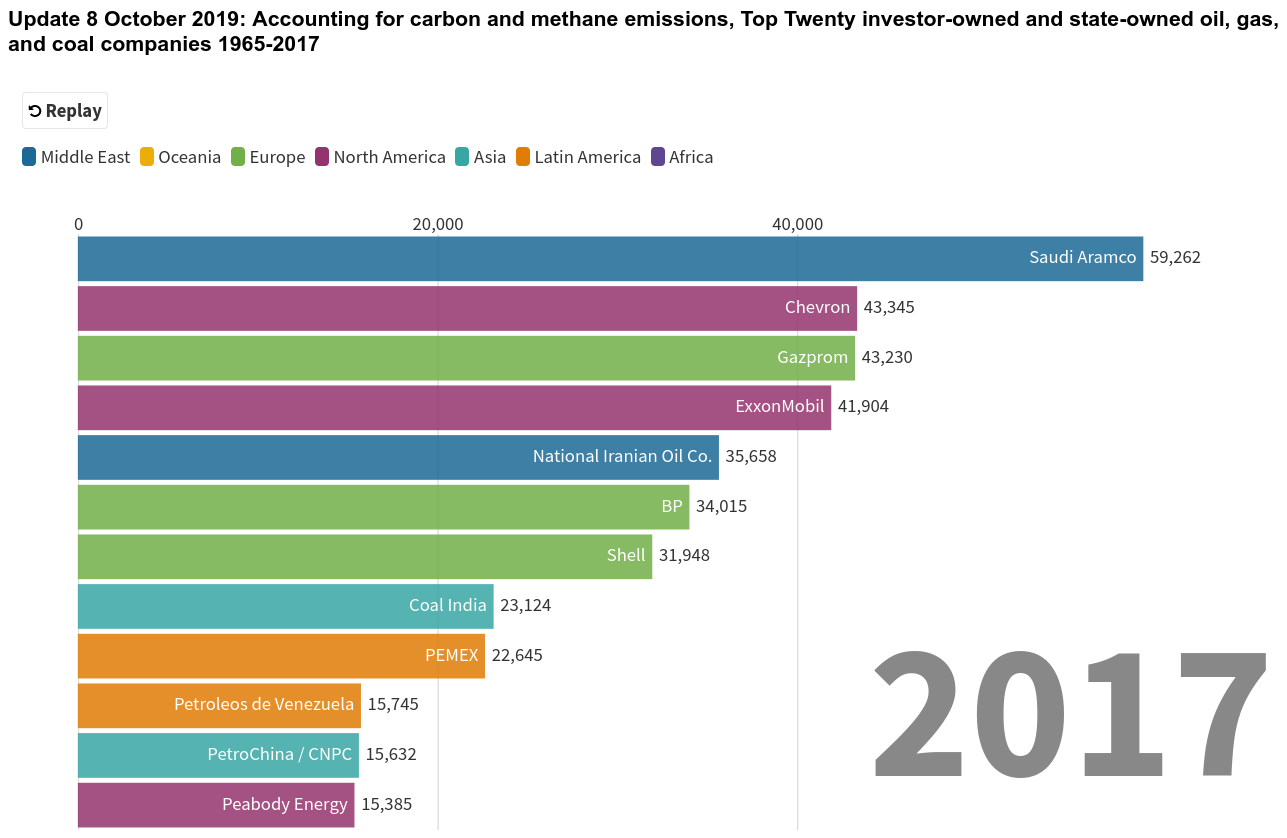|
TITLE
CAPTION |
|
| Name | |
| Abbreviation | |
| Born | |
| Birthplace | |
| Died | |
| Nationality | |
| Founded | |
| Founders | |
| Type | |
| Description | |
| Known for |
|
| Website | |
| URL | https://Persagen.com/docs/royal_dutch_shell.html |
| Sources | Persagen.com | Wikipedia | other sources (cited in situ) |
| Source URL | https://en.wikipedia.org/wiki/Royal_Dutch_Shell |
| Date published | 2021-08-12 |
| Curator | Dr. Victoria A. Stuart, Ph.D. |
| Curation date | 2021-08-12 |
| Modified | |
| Editorial practice | Refer here | Dates: yyyy-mm-dd |
| Summary | Royal Dutch Shell plc, commonly known as Shell, is an Anglo-Dutch multinational oil and gas company headquartered in The Hague in the Netherlands. |
| Key points | Show |
| Related | |
| Comment | Show |
| Keywords | Show |
| Named entities | Show |
| Ontologies | Show |
|
TITLE
CAPTION |
|
| Name | |
| Abbreviation | |
| Born | |
| Birthplace | |
| Died | |
| Nationality | |
| Founded | |
| Founders | |
| Type | |
| Description | |
| Known for |
|
| Website | |
Royal Dutch Shell plc, commonly known as Shell, is a British-Dutch multinational oil and gas company headquartered in The Hague, Netherlands, and incorporated in the United Kingdom as a public limited company. Royal Dutch Shell plc is one of the oil and gas "supermajors" ["Big Oil"] and - measured by 2020 revenues - the fifth-largest company in the world, the largest based in Europe, and the largest not based in either China or the United States. In the 2020 Forbes Global 2000, Shell was ranked as the 21st-largest public company in the world. Shell was first in the 2013 Fortune Global 500 list of the world's largest companies; in that year its revenues were equivalent to 84% of the Dutch national $556 billion GDP. Since then, Shell has dropped to the 5th largest company on the Fortune Global 500, but is still the largest non state-owned energy corporation in the world and the second-largest non-Chinese corporation in the world, falling short only to Walmart.
Shell is vertically integrated and is active in every area of the oil and gas industry, including exploration and production, refining, transport, distribution and marketing, petrochemicals, power generation, and trading. Royal Dutch Shell plc also has renewable energy activities, including biofuels, hydrogen, and wind. Shell has operations in over 70 countries, produces around 3.7 million barrels of oil equivalent per day and has around 44,000 service stations worldwide. As of 31 December 2019, Shell had total proved reserves of 11.1 billion barrels (1.76×109 m3) of oil equivalent. Shell Oil Company, its principal subsidiary in the United States, is one of its largest businesses. Shell holds 50% of Raízen, a joint venture with Cosan, which is the third-largest Brazil-based energy company by revenues and a major producer of ethanol.
Shell was formed in 1907 through the merger of the Royal Dutch Petroleum Company, based in the Netherlands and the "Shell" Transport and Trading Company, based in the United Kingdom. The combined company rapidly became the leading competitor of the American and by 1920 Shell was the largest producer of oil in the world. Shell first entered the chemicals industry in 1929. Shell was one of the "Seven Sisters" which dominated the global petroleum industry from the mid-1940s to the mid-1970s. In 1964 Shell was a partner in the world's first commercial sea transportation of liquefied natural gas (LNG). In 1970 Shell acquired the mining company Billiton, which it subsequently sold in 1994 and now forms part of BHP. In recent decades gas has become an increasingly important part of Shell's business and Shell acquired BG Group in 2016, making it the world's largest producer of LNG.
Shell has a primary listing on the London Stock Exchange and is a constituent of the FTSE 100 Index. It had a market capitalisation of £216 billion at the close of trading on 27 June 2019, by far the largest of any company listed on the London Stock Exchange. It has secondary listings on Euronext Amsterdam and the New York Stock Exchange. There are two types of shares: A (code RDSA) and B (code RDSB). Until its unification in 2005 the firm operated as a dual-listed company, whereby the British and Dutch companies maintained their legal existence but operated as a single-unit partnership for business purposes. The Shell logo is known as the "pecten" after the sea shell Pecten maximus, on which its design is based; the current version of the logo was designed by Raymond Loewy in 1971.
As of February 2020, Shell's largest shareholder (A and B shares combined as a percent of the company) was the Netherlands Central Institute for Cashless Securities Transactions with 21.19%, ahead of Guaranty Nominees Limited in second with 18.03%, BlackRock Inc. with 7.14%, and The Capital Group with 4.99%. According to the CDP Carbon Majors Report 2017, when taking into account its scope 3 greenhouse gas emissions (emissions caused by the public and other companies using its products), Shell was the ninth-largest corporate producer of greenhouse gas emissions in the period 1988-2015. In 2018, Shell announced it hoped to achieve net zero greenhouse gas emissions by 2050 or sooner. Shell's delay in implementation emissions mitigation strategies was the main subject of the landmark Milieudefensie et al. v. Royal Dutch Shell.

[📌 pinned article]
[📌 pinned article] [TrueNorthResearch.org, 2021-01-14] Justice Barrett's Ties to Shell and API Are Far Deeper Than Reported: Her Father Could Be Deposed in Climate Change Suits.
Return to Persagen.com